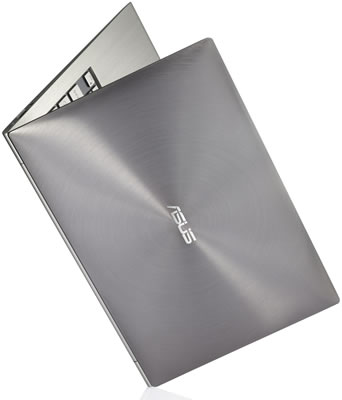After struggling to play catch-up for more than a year, PC vendors are reportedly losing interest in competing against Apple (and now Amazon) in the tablet business. As you well know, Apple has maintained an iron grip on the market for nearly two years with its iPad, while Amazon's first tablet has been highly successful, becoming the e-tailler's best-selling product this holiday season. Although the company hasn't released any sales figures, it claims to have sold millions of Kindle Fires before the Black Friday craze began.
Given the rise of tablets, netbook profits have been whittled to the bone and most vendors have already abandoned the mini-notebook segment with Acer and Asus clashing over the remaining turf. Meanwhile, traditional laptop sales are currently being strained by worldwide economic turmoil and supply shortages stemming from recent flooding in Thailand. As gloomy as things might appear, DigiTimes' sources believe the notebook industry is in for a rapid upturn in the coming year, especially with the rollout of Ultrabooks.
PC makers are reportedly enthusiastic about Intel's thin-and-light initiative, not least because Ultrabooks offer greater profitability than standard mobile machines. The MacBook Air competitors kicked off to a mediocre start this year as Acer and Asus quickly halved their sales forecasts. At least part of the problem is blamed on the systems' unexpectedly high retail prices. Some early models breached Intel's intended sub-$1,000 target, costing more than the Air. Despite witnessing a lukewarm response, insiders remain optimistic.
PC makers are implementing various cost-cutting measures to ensure the next wave or two of Ultrabooks meet Intel's pricing guidelines. The chipmaker itself is supposedly offering partners a marketing subsidy to cut MSRP prices by 5-10% in conjunction with heavily discounted CPUs. DigiTimes also reported last month that Ultrabook manufacturers are looking to cut corners by using more plastic internals. Along with lower prices, Ultrabook sales will undoubtedly benefit from the upcoming hype of Ivy Bridge and Windows 8.
